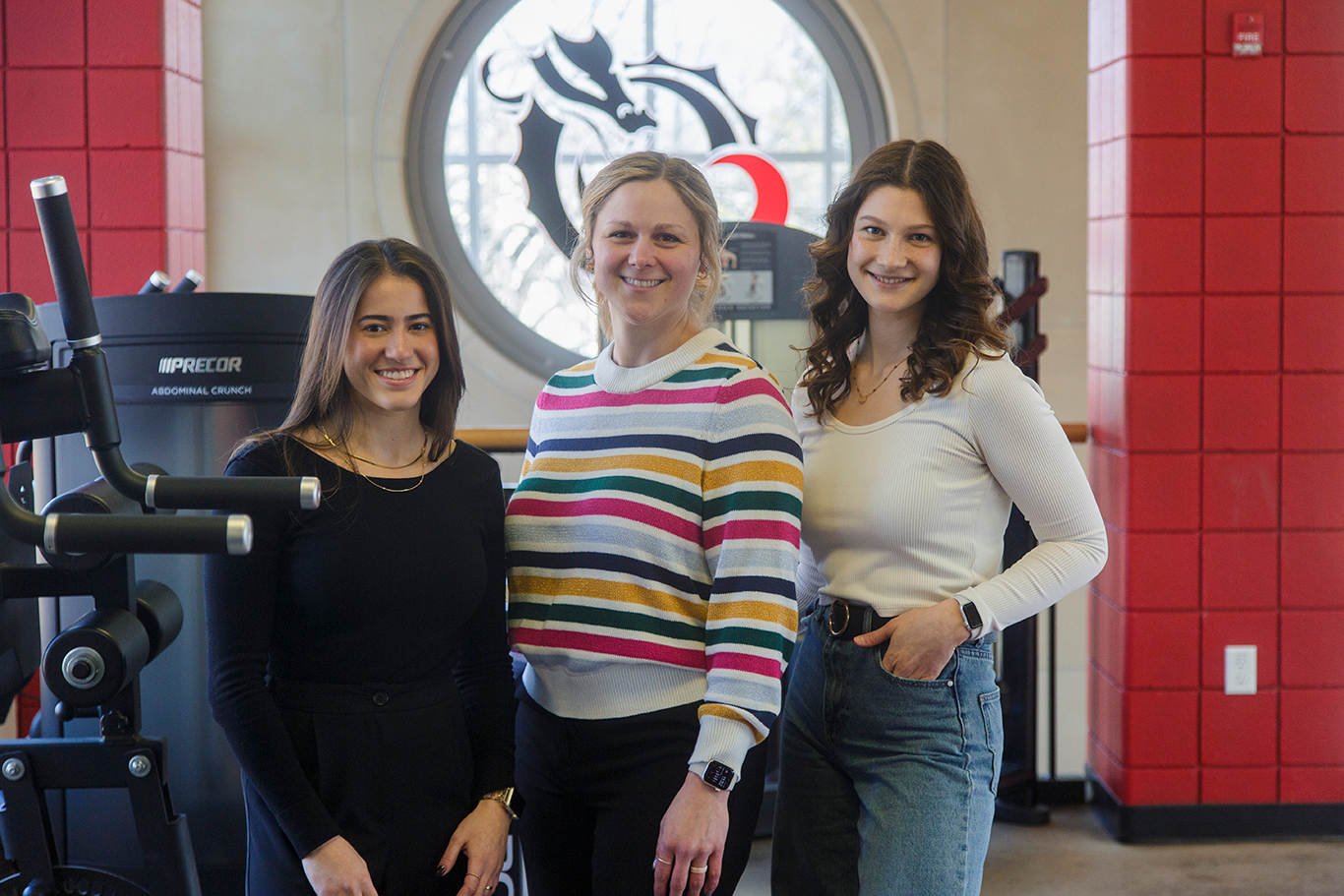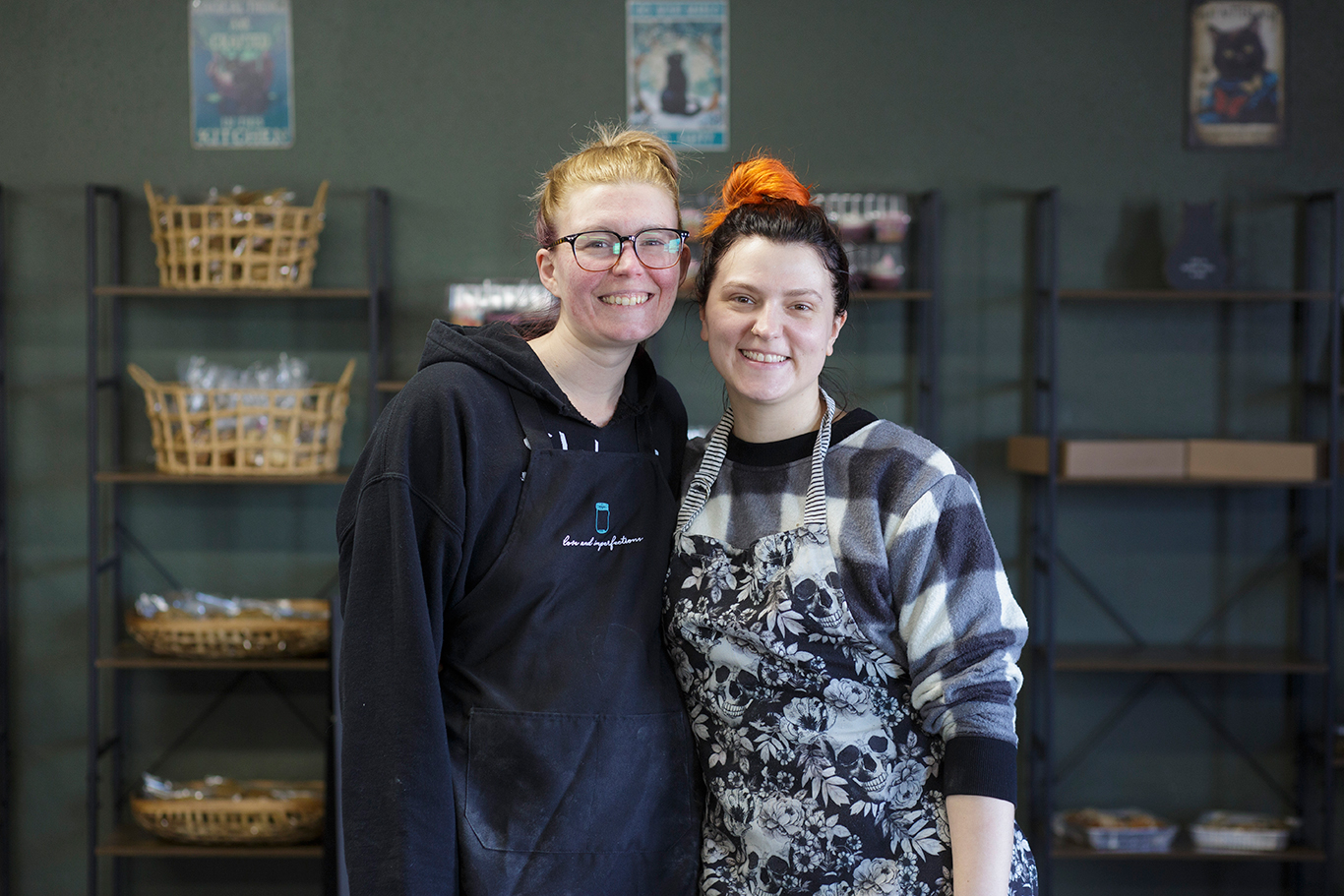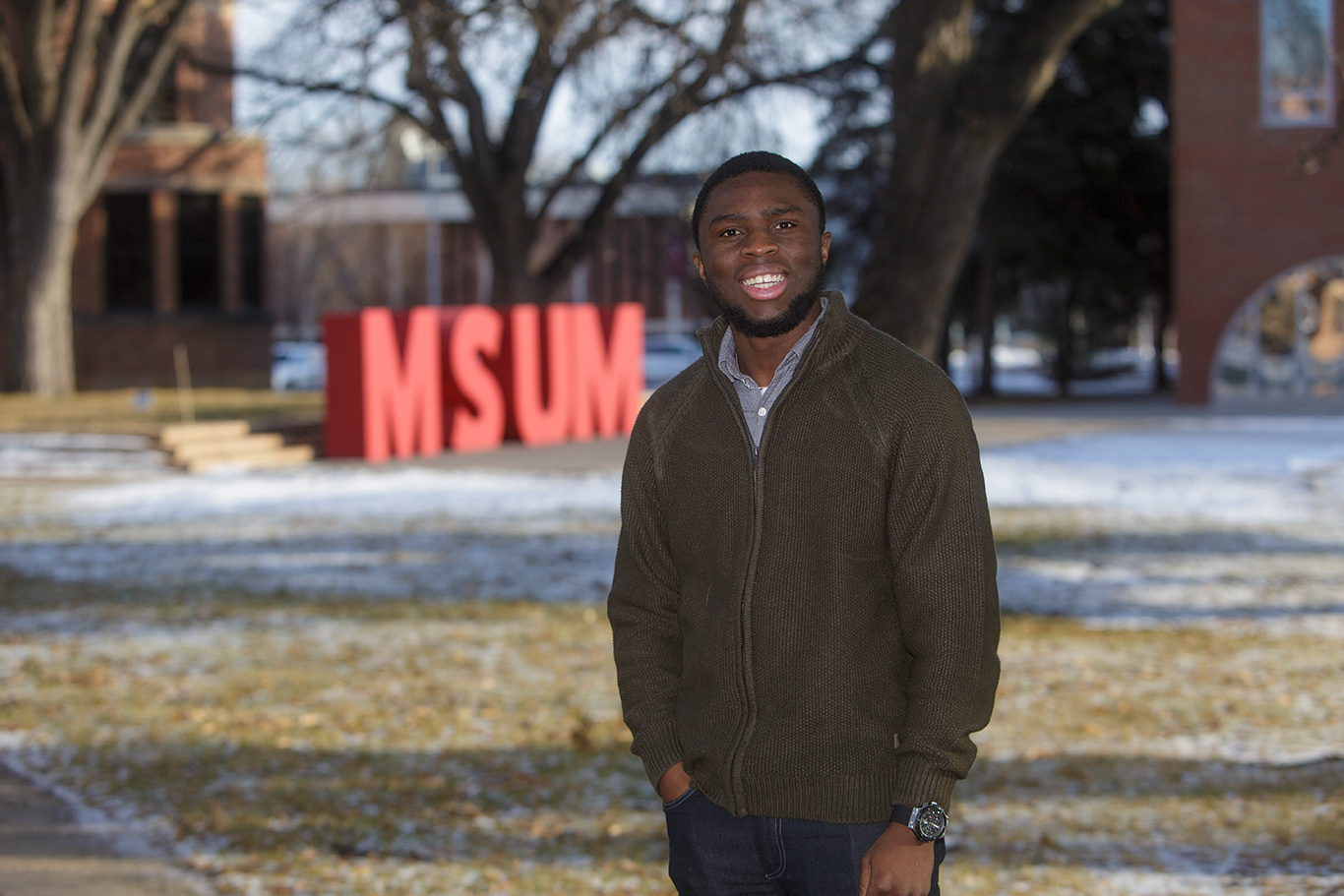Looking Up
2022 marks the MSUM Planetarium's 50th anniversary. After a half century of inspiring a curiosity in what exists beyond our sky, the people behind the Planetarium honor its significant milestone by sharing the historical orbit of this community asset. You can help ensure the continued success of the planetarium by donating today.
The simple act of looking up at the night sky has led David Weinrich on his greatest adventures.
Weinrich was hired to work in the MSUM planetarium in 1983. He continued for 31 years until he retired as its director in 2014. The awe for his work never ended.
“To look up and wonder where we came from,” he says. “It helps us look at something bigger than ourselves.”
Before working at MSUM, he taught high school science and served in the Peace Corps in Liberia and Ghana. But astronomy remained his passion and the planetarium allowed him to share that enthusiasm with others.
“I once told the director I would probably do this work for free,” he says. “The planetarium enables students to learn about the sciences, but it also allows people to dream about the universe.”
The planetarium was originally built for MSUM students studying astronomy, but public interest soon prompted the planetarium to offer programs to the broader community. Weinrich remembers connecting with the youngest of audiences by singing “Twinkle, Twinkle, Little Star” and asking them to help him count the stars in the Big Dipper.
“You learned to be silly to keep their attention,” he says. “I learned early on that if I was having fun, my audiences would have fun.”
During Weinrich’s career, projectors for the planetarium evolved. When he started, he doubted a digital projector would ever be possible. But in 2011, the planetarium secured its first digital projector, technology that allowed the presenter to click around easily and zoom in and out on areas of interest.
Weinrich’s experience also gave him the opportunity to help other communities establish planetariums. He helped build the first public planetarium in Ghana and helped set up programming at a planetarium in Sri Lanka.
“The sky is universal,” Weinrich says.
Weinrich says that as much as he loved the planetarium, its real value is in encouraging people to go outside and look at the real thing. He says that two of the most popular sciences among amateurs include bird watching and astronomy.
“Neither requires equipment. Just your eyes,” he says. “All you have to do is look up.”
As a result, some of his favorite planetarium events were sponsored astronomy nights at nearby Buffalo River State Park. He remembers a crowd of people who gathered to watch a comet hit Jupiter. Nobody knew what they were going to see until one of the astronomy club members started jumping up and down yelling, “we can see the (impact) spots!”
Weinrich spent much of his time training student workers who gave lectures and led public shows. To this day, he’s amazed at how they developed. He taught them how to use the equipment and provided them with a guide. After that, it was up to them.
“I had education students, music students, computer students… all sorts of students. But they had all taken an astronomy class and enjoyed it. They loved the stars,” he says.
After retirement, Weinrich moved to western Wisconsin. His backyard is dark so he can continue his lifelong habit: Looking up and dreaming.
Make Sure Your Story Is Heard
Let us know how your life has been changed by being a Dragon: tell us your MSU Moorhead story today!
Send Us Your Story


